Happy Pride Month!!! In today’s episode (with extensive quotes / notes below!), I interview Tyler Berry, a fellow resident of Bellefontaine and the owner of The Olive Tree (a gay bar) and the Olive Tree Community Center (an LGBTQ+ / allies safe space!). It was such a fun conversation where we cover what it was like growing up here as a closeted gay person, the meandering journey his business has taken and how, like him, his business finally came out as gay, and of course, plenty about drag performers! Hope you enjoy the episode!
On Tyler’s turning point for when the church truly no longer felt safe (5:00):
For me, the biggest turning point was when gay marriage was legalized. I remember it was a Saturday and I remember the first thing I thought to myself was, oh no, tomorrow's Sunday. What is the pastor gonna say? [I didn’t even think at the time] that I was actually gay, it was more of I knew that I'm not gonna hate on people.
…My pastor's approach was very comical. It was almost like, ‘can you believe this is happening?’ And I remember just feeling like I was literally at a standup comedy show where the pastor was just cracking jokes and at the same time, the whole Caitlin Jenner situation was going on.
And I remember the one joke he said was, ‘you know, people can be whatever they want nowadays. And if I wanna be a bald eagle, then you all have to respect me. And say that I'm a bald eagle.’ [The church was about] 300 people, just laughing…
It was awful. I do remember some people getting up and leaving. After that I really, really did not like religion. I really, really struggled.
How Tyler shifted from hating drag queens to them being some of his best friends (13:00):
I met this drag queen, and at the time too, I hated drag queens. I'm not afraid to say that I hated them. They were loud, they were annoying, and I didn't understand what they were doing.
And it bothered me because as part of the gay community, it's believed, and it is true that drag queens represent the queer community in general. And I did not like how they represented me. Now that perspective's completely changed, obviously, but I'll get into that.
…[after the Olive Tree’s first drag show], the biggest turning point was after the show. I had a mother and a daughter come in tears; it was very emotional for them. And the mother informed me that her daughter was struggling with suicidal thoughts and that this event basically saved her life.
It was the connection out of drag that was relatable to me… As soon as the makeup came off, these people became my best friends… All the connections came into play of similar trauma stories, similar this, similar that… It's been very interesting too with the inner homophobia that I was dealing with, saying that all drag queens are the same: that is the dumbest thing you could possibly say.
On some of the Black drag queens he is friends with:
And both of them said that the reason why they do drag and the role models they look up to is from the aunties in their church they grew up with. A lot of their drag personas reflect them. [One of them struggles with religious trauma], but the other one, was like, yeah, I'm a Christian.
…We've talked about having gospel drag shows. To some people that makes absolutely no sense, but it is a thing. I've seen gospel drag numbers and they're amazing.
The transformation of letting your work and business reflect who you really are:
I came out to my mom two years ago and then just a couple minutes later we play this drag show and these opportunities come to me. It was like, ‘is The Olive Tree about to come out as gay?’ And it did. And what was really interesting is, as scary as that was, once it happened, it was beautiful. And the stress of trying to fit this business model that really wasn't even me, just completely went away. Because when I walk into The Olive Tree, it is me. I tell people the walls, the art, the things that happen in there are what is inside my head.
On the dynamics of alcohol and the bar:
I would say the only thing, and this is kind of funny, the only thing that maybe doesn't connect to me the most is probably the bar. The, the alcohol aspect of it was something that, It was a community cry out. And basically, I'm the only drag venue in probably the world that's not even offering really alcohol. And they kind of go hand in hand. And it was kind of a business decision.
I’ve learned to love what the atmosphere has created. It's created a safe place where there is alcohol. A bad coping mechanism, absolutely. But if I have a bartender that's trained and if I'm there as well, also saying, ‘Hey, you're not okay right now. We're not gonna let you drink four bottles of alcohol.’ It's created this really, really safe experience where people can come and be themselves and be vulnerable and talk about their traumas. I mean, my bartender cracks up right now cuz beforehand she worked at a straight bar and she says all the time: ‘these emotions, like it is a lot.’
It's almost like she has became mother and there are people that treat her like mother. And I couldn't be more thankful to have her in her position.
What does Tyler wish we knew about drag performers?
I wish people knew that drag queens are people. And that's it. They are everyday people that they, you know what? They shop, they buy groceries, they pay their taxes, hopefully, you know, they do everything else we do.
And it is 110% an art form. It is 100% entertainment. I think drag is one of the most beautiful art forms there is personally, just because it has allowed an outlet for queer people to experiment. To try new things. [To try a new persona]. It gives an outlet where a lot of people that I've even met, when they get out of drag they go right back into this timid, shy person.
But then there's also the beauty of, you know, a lot of people have used drag to potentially transition, potentially be like, ‘you know what, I am a woman.’ ‘I am a man.’ ‘I am this.’ And that has been a beautiful experience. Seeing specifically transgender stories through drag puts you in tears. It's just beautiful. And so to have an outlet for that, for queer people is just phenomenal.
Go find Tyler and The Olive Tree on Facebook!
Thanks for reading / listening! What struck you about this interview? What conceptions do you have about drag performers or gay bars that might get turned on their heads? What are your thoughts about the legislation getting passed around the country specifically targeting drag performers, trans people, and the LGBTQ+ community at large? Or share other thoughts in the comments!


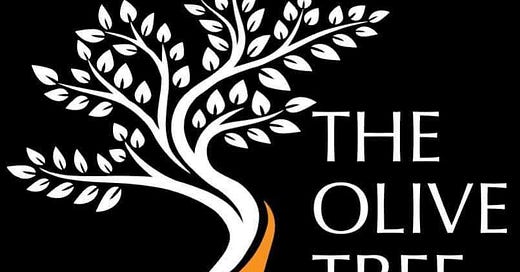




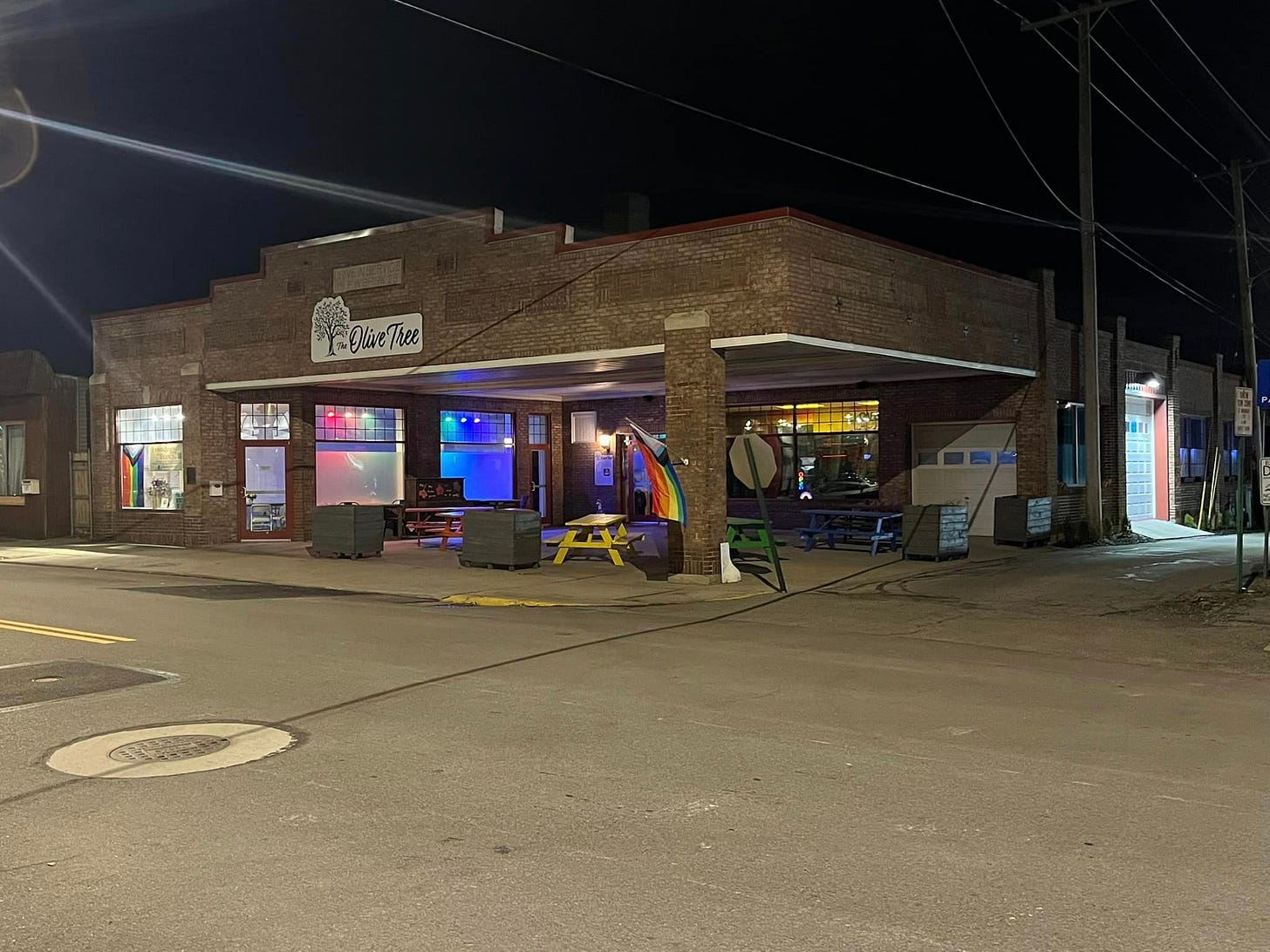
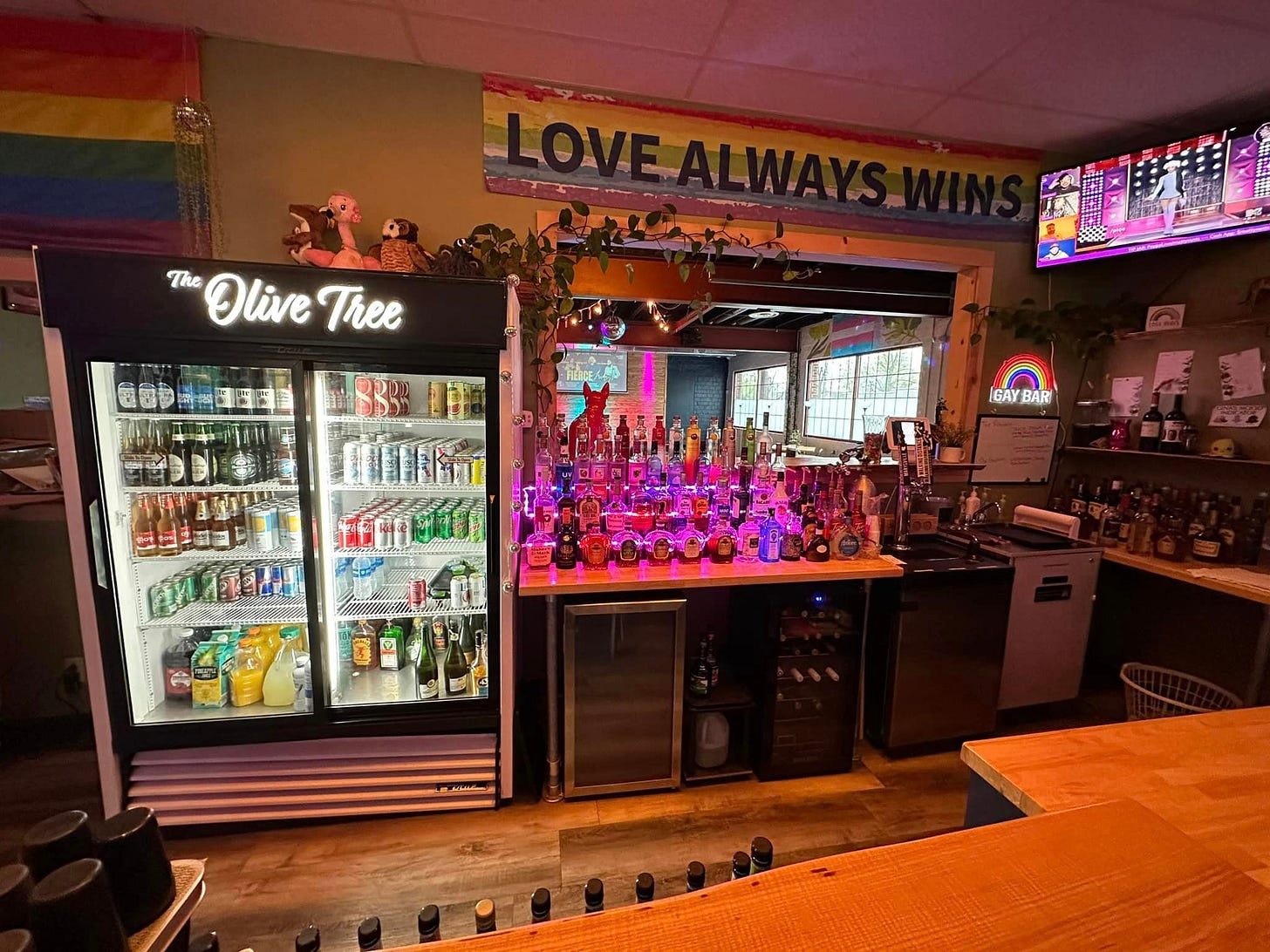
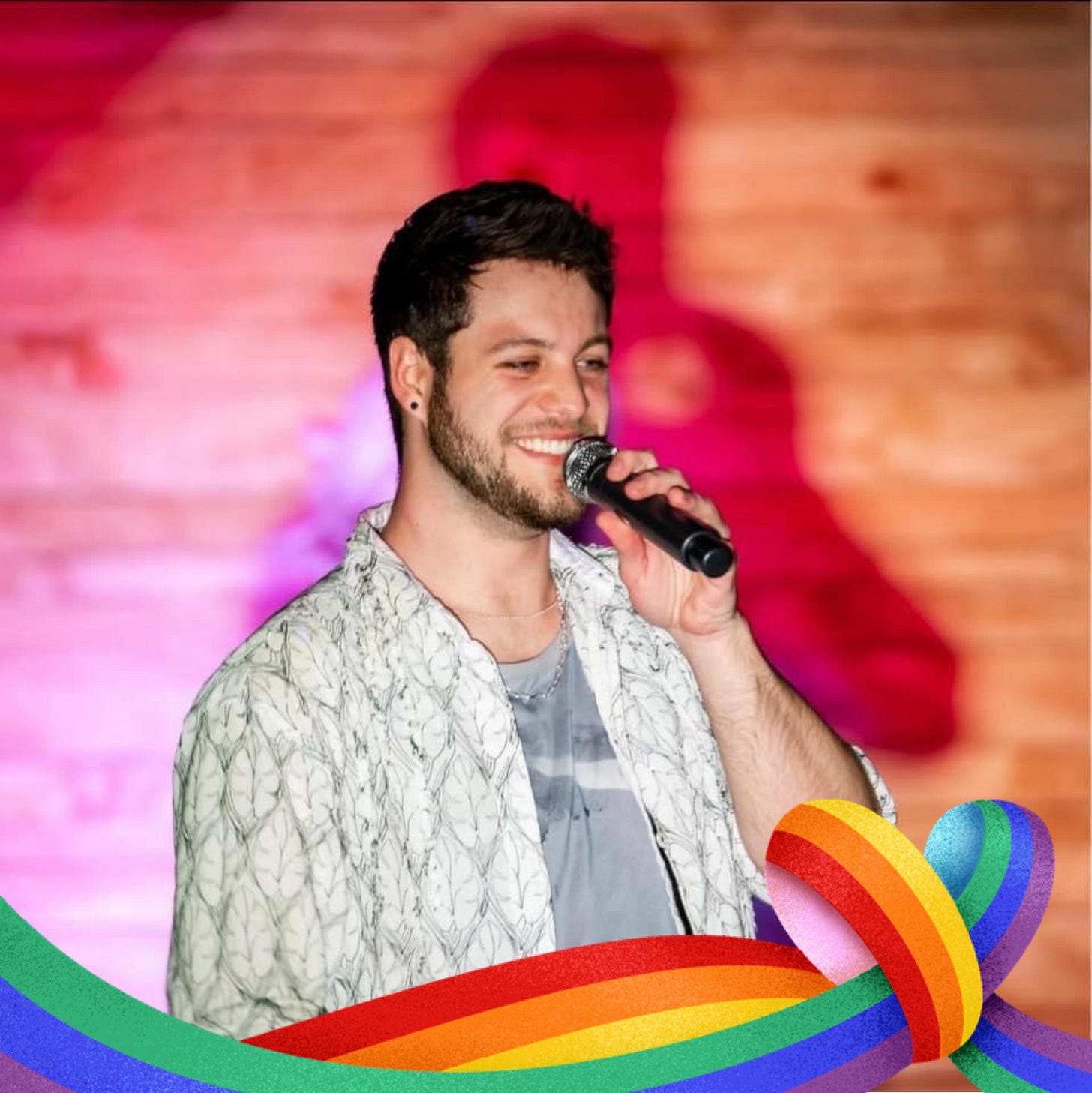

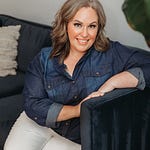

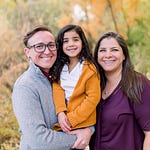

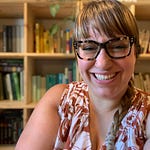

Share this post